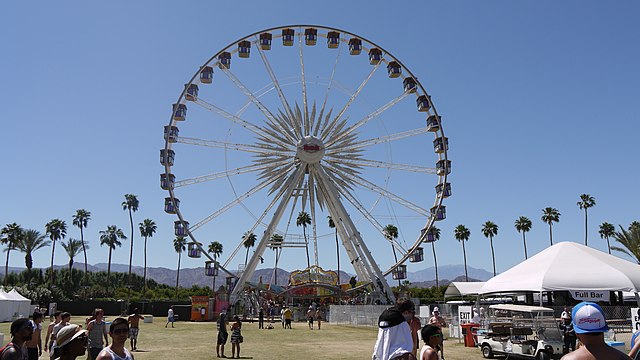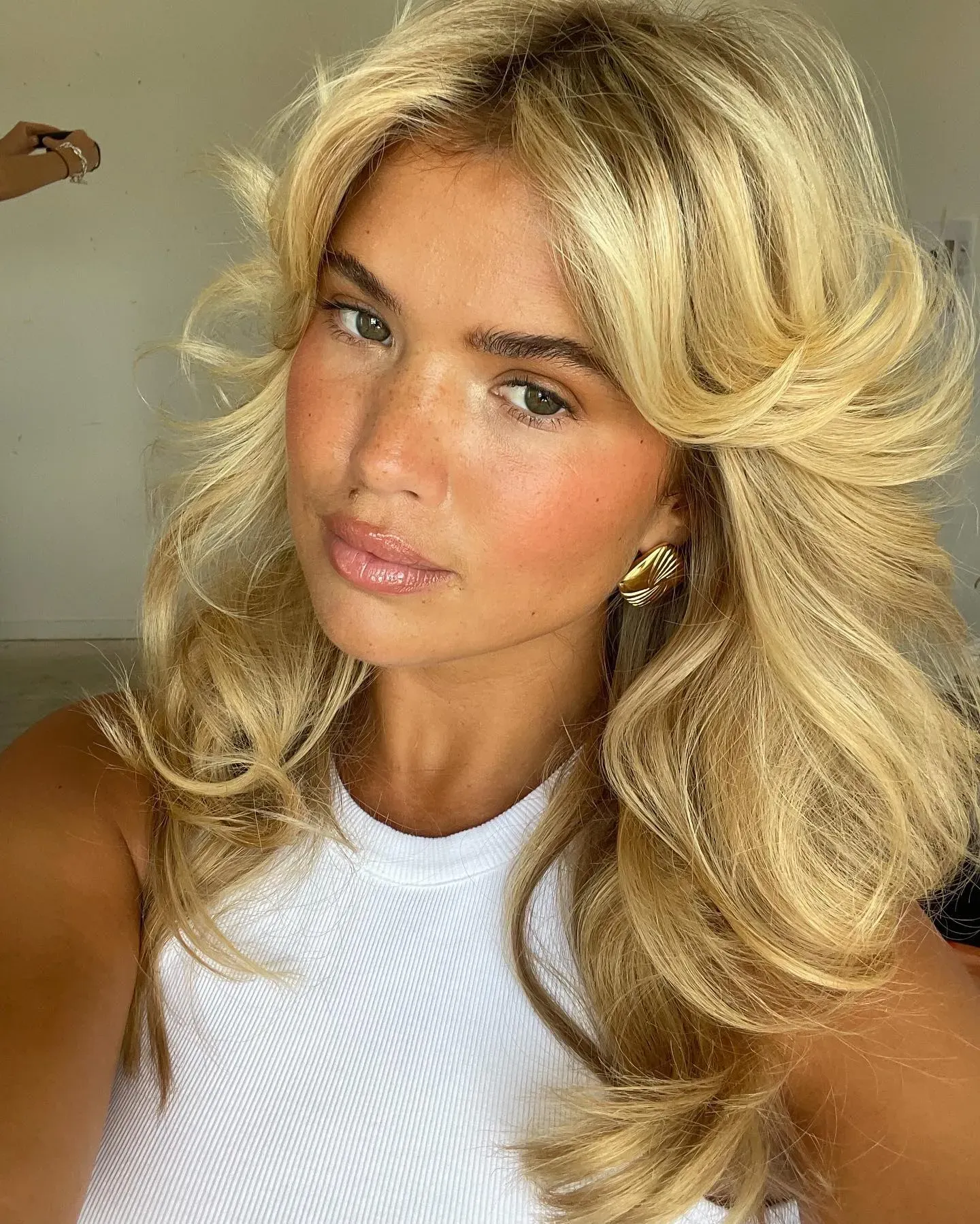Film
Before Its Time: “Josie and the Pussycats” Was Anticapitalist Before It Was Cool
06 Apr, 21

It seems like every major issue plaguing our country in 2021 can all be traced back to one nefarious source: capitalism.
But back in 2001 — when things were still “just kind of bad” instead of “really bad” — one particular teen musical-comedy tried to warn us of the impending evil to come. That movie was Josie and the Pussycats, a story of a young girl band who get a first-hand look at the dark side of the music industry. Two decades later, its messages are harrowingly timely.
Josie and the Pussycats was loosely based on the Archie Comics series and the 1970s cartoon of the same name, following a wide-eyed pop-punk trio of best friends — Josie, Valerie, and Melody — as they navigate suddenly being offered a major label record deal. On the surface, the film appears as another lighthearted “be careful what you wish for” tale, but it carries a much darker deeper meaning upon closer examination.
Josie and the Pussycats boasts a star-studded cast: Rachael Leigh Cook, still reveling in the popularity of her lead in She’s All That, played Josie. Rosario Dawson, who plays the strong-willed bassist Valerie, was already well-known for the controversial 1995 drama Kids. The success of the American Pie franchise and The Big Lebowski made Tara Reid a household name and an easy fit for the role of the ditsy drummer Melody.
Despite recognizable names, Josie and the Pussycats was a box office bomb. It grossed under $15 million at the U.S. box office, compared to its estimated production budget of $39 million. However, in the nearly two decades since its release, Josie and the Pussycats has made up for its initial flop by becoming a cult favorite. I recently rewatched the movie for the first time in almost 10 years to realize that it’s actually a witty critique of American hyperconsumerism.
Warning: Spoilers ahead.
After Josie, Valerie, and Melody are approached by Wyatt, a pompous executive at MegaRecords, he begins to make every career decision moving forward on the band’s behalf with the intention to make as much money as possible. When we meet Fiona, the campy, villainous CEO of MegaRecords, we learn that the company has oh-so casually conspired with the U.S. government.
The reason Josie and the Pussycats have become so successful overnight — like all MegaRecords signees — is because their songs are laced with subliminal messages to make teenagers buy more music. As Josie proclaims, her band’s music is essentially advertising itself.
In an extremely meta creative decision, Josie and the Pussycats itself blatantly boasts plenty of brand logos. In the opening scene, we meet boyband DuJour, whose private jet is emblazoned with Target bullseyes. When the Pussycats dash into a public bathroom to discuss whether or not to accept Wyatt’s offer to sign to MegaRecords, a large Starbucks logo is easily spotted behind them. When the Pussycats then get their own private jet, this one is entirely Motorola-branded—and these instances only cover the film’s first few scenes.
Josie and the Pussycats Official Trailer #1 – Alan Cumming Movie (2001) HDyoutu.be
While critics initially slammed Josie and the Pussycats‘s endless brandification as an act of hypocracy, it actually emphasizes one of the film’s main goals: To bring attention to the absurdity of overt product placement. The filmmakers weren’t paid to use any of these logos, so they simply act as a vehicle of satire.
It’s especially alarming to watch the consumption-driven universe of Josie and the Pussycats in 2020, when those blown-up product placements aren’t too far off from reality. And it’s not just the occasional Beats headphones being meticulously featured in music videos; it’s also the monetization of social media influencers. While countless Americans have filed for unemployment this year, TikTok’s most elite stars are basking in the revenue of makeup lines, one-off singles, and even their own item on Dunkin’s official menu: all easy money-grabs.
In real life, Josie and the Pussycats didn’t need subliminal messaging to sell their music. The soundtrack got a vinyl reissue in 2017 (on leopard print wax, obviously), which was met with positive reception. And there was a pretty genius team behind the film’s music, featuring executive production from R&B legend Kenneth “Babyface” Edmonds.
Songwriiters for Josie and the Pussycats included ’90s alt-pop heroes like the late Adam Schlesinger from Fountains of Wayne, Counting Crows’s Adam Duritz, and that dog.’s Anna Waronker. With Letters to Cleo’s Kay Hanley lending her singing voice for Josie, the soundtrack is a slice of pop-punk perfection.
With all this being said, Josie and the Pussycats isn’t a flawless movie; at times, its bubbly, sugarcoated ambiance feels a little too juvenile in comparison to the bold statements the film’s screenplay tries to make. The trope of Melody as the dumb blonde feels especially tired all these years later, and you can’t convince me there was any good reason to throw in a haphazard love story.
But those minor critiques are inconsequential to the one-of-a-kind legacy of Josie and the Pussycats. No matter how you feel about the ultra-low-rise pants, the movie’s anticapitalist mantra rings truer now more than ever.













